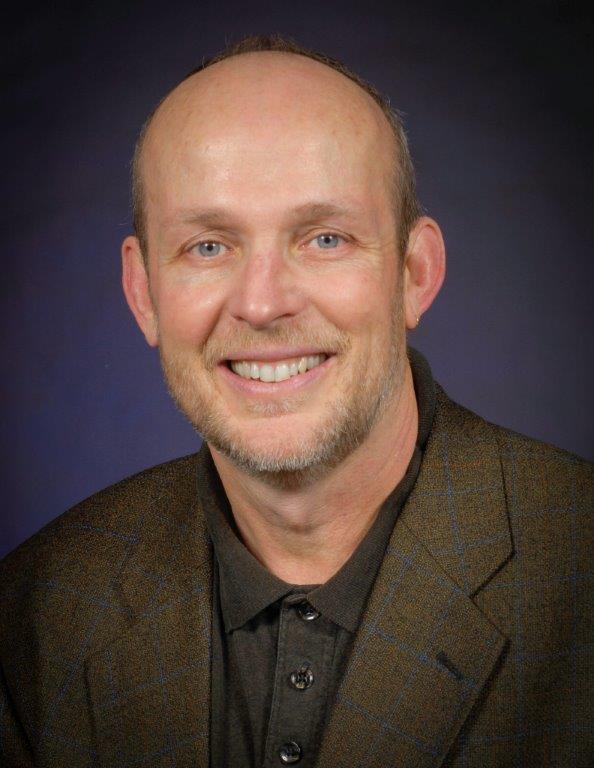Collaborative research empowers and protects Indigenous communities
The Intellectual Property Issues in Cultural Heritage (IPinCH) Project has received $50,000 as the inaugural recipient of the Social Sciences and Humanities Research Council of Canada’s (SSHRC) Partnership Award.
Dr. Daryl Pullman, professor of ethics in the Division of Community Health and Humanities, is a team member of IPinCH, which promotes a model of collaborative research that empowers and protects Indigenous communities, while also enriching scholarly inquiry. Dr. George Nicolas, an archaeologist at Simon Fraser University, is the principal investigator of IPinCH.
 Dr. Pullman became involved in this project in 2008 when it was first funded through a $2.5 million grant from SSHRC. He is chair of the Bioarchaeology, Genetics and Intellectual Property Working Group, which is exploring issues such as what happens when data are contradictory at the interface between genetics and culture.
Dr. Pullman became involved in this project in 2008 when it was first funded through a $2.5 million grant from SSHRC. He is chair of the Bioarchaeology, Genetics and Intellectual Property Working Group, which is exploring issues such as what happens when data are contradictory at the interface between genetics and culture.
"The IPinCH project includes more than 50 international scholars from a broad range of disciplines,” said Dr. Pullman, who was asked to join the project because of his work in genetics related to health. “Those affiliated with my working group are looking at how genetic and biologic data are used in discussions about cultural relationships and affiliations. For example, in settling issues over sovereignty, or rights to land, material objects, and intellectual property, are genetic data being given more credence than oral tradition?”
Dr. Pullman has contributed a chapter on the relationship between genetics and culture to The Ethics of Cultural Appropriation, published by Wiley, and he will be contributing a book chapter on the ethics of repatriation of ancient remains for the upcoming book Traces of Ochre, edited by Dr. Fiona Polack of Memorial’s Department of English, that is examining a range of issues related to the Beothuk. He also co-authored an article with Dr. Nicolas for the journal Inuit Studies.
IPinCH is an international collaboration of archaeologists, Indigenous organizations, lawyers, anthropologists, ethicists, policy makers and others working to explore and facilitate fair and equitable exchanges of knowledge relating to archaeology.
Dr. Pullman was a co-investigator for the Atlantic Medical Genetics and Genomics Initiative, a large Genome Canada funded project designed to cover the full spectrum of genetic work from gene discovery, to clinical application, to health policy development. He is currently a co-principal investigator with Dr. Terry-Lynn Young, genetics, and Dr. Kathy Hodgkinson, clinical epidemiology, for a large-scale project on Sudden Cardiac Death, funded by the Atlantic Canada Opportunities Agency. He has published widely on a variety of issues in research and clinical ethics, and has a particular interest in the concept of human dignity and how it relates to the notion of genetic identity.